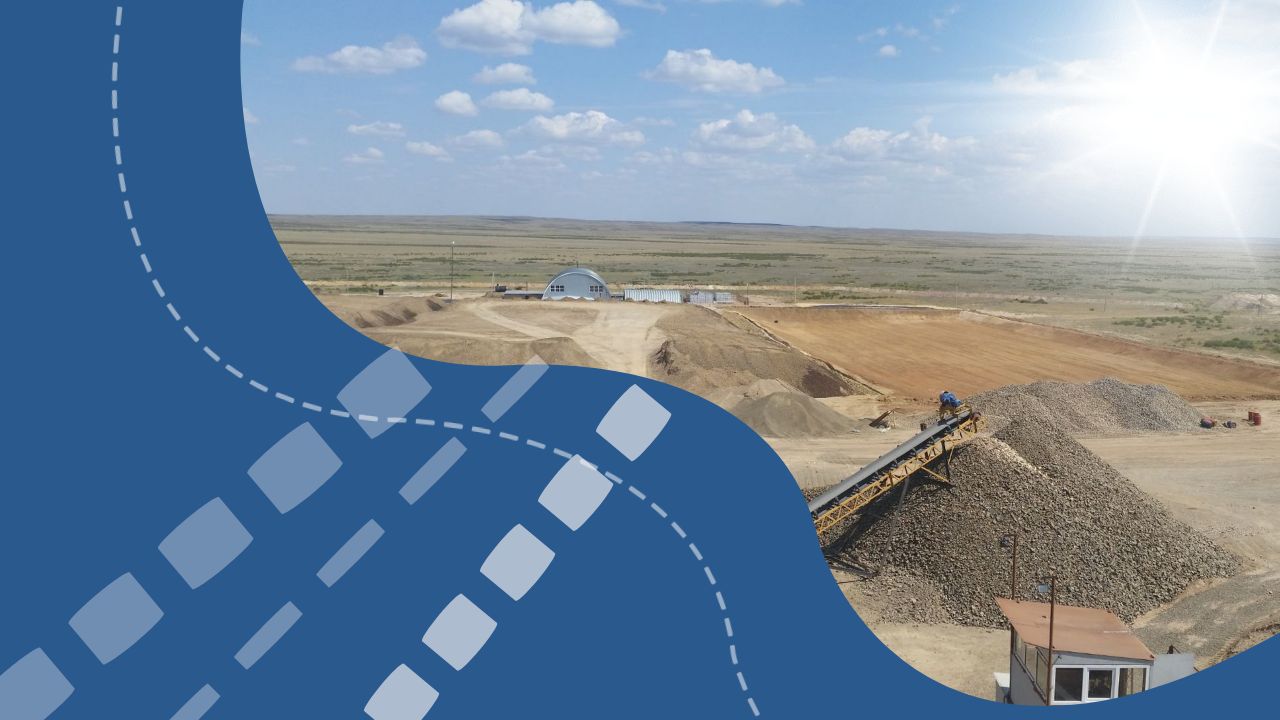ArcelorMittal Zenica, a steel plant based in Bosnia and Herzegovina and a subsidiary of global steelmaker ArcelorMittal, has announced its decision to shut down its coke oven battery. This move comes amidst escalating maintenance expenses for the unit and dwindling demand for its products, as stated in a press release on the company’s website.
The coke plant in Zenica has been in operation for over 40 years, with operations suspended from 1992 to 2008. Despite significant modernization efforts over the past decade, the company has deemed further investments unjustifiable from an economic standpoint, citing an inability to meet stringent environmental standards.
Nikhil Mehta, CEO of ArcelorMittal Zenica, expressed the company’s commitment to minimize the closure’s impact on the local economy, stating, “This is a difficult day for the company…We plan to try to transfer a significant number of employees from this plant to other units in Zenica.”
While the coke oven battery closes, the company will maintain steel production by procuring coke from external suppliers.
ArcelorMittal Zenica concluded 2023 with a loss of BZN 159 million ($88.2 million), influenced by reduced steel demand, a 20% year-on-year surge in electricity prices, and a decline in global steel prices, as reported by GMK Center.
Zenica Steel, which employs 2.2 thousand people and produces approximately 700 thousand tons of steel annually, specializes in rebar, wire rod, mesh, and grating.

